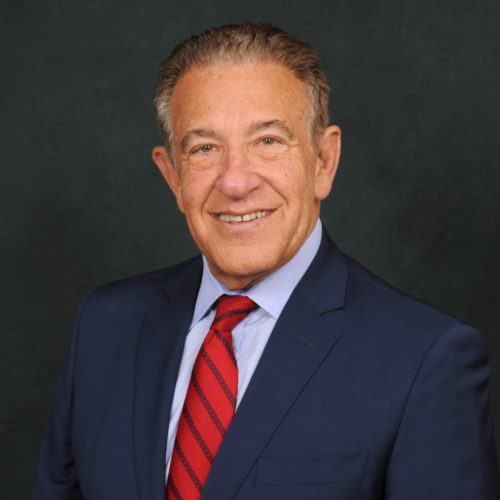Featuring Barry A. Hendin, MD
MSAA’s Chief Medical Officer
Question: Are urinary tract infections (UTIs) more common in MS, and what are the symptoms and treatments?
Answer: Yes, urinary tract infections are more common in people with MS. Multiple sclerosis is often associated with bladder dysfunction and bladder dysfunction is often associated with urinary tract infections. The most common bladder problem associated with infections is urinary retention, which is incomplete emptying of the bladder. This creates an ideal incubator for bacteria to grow. Patients who catheterize may also be at an increased risk, particularly if not careful with their bladder technique.
Continue reading

